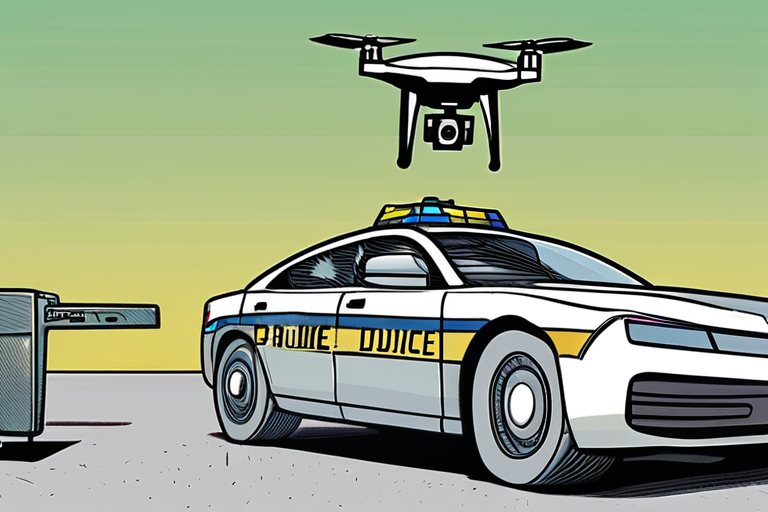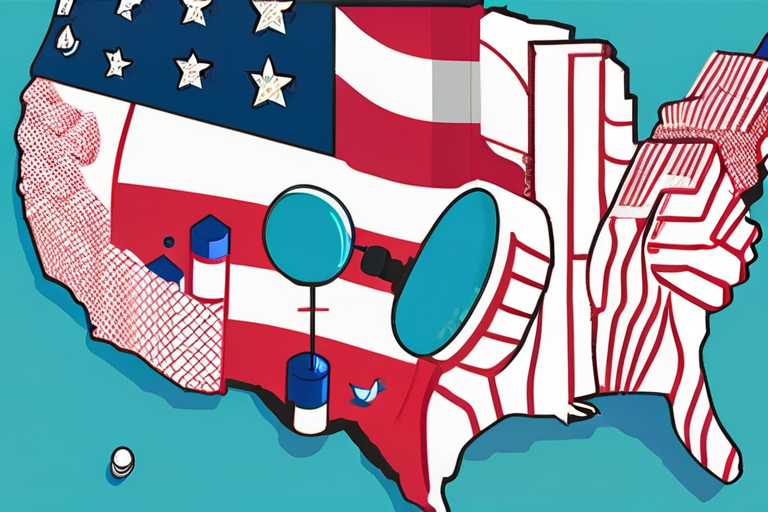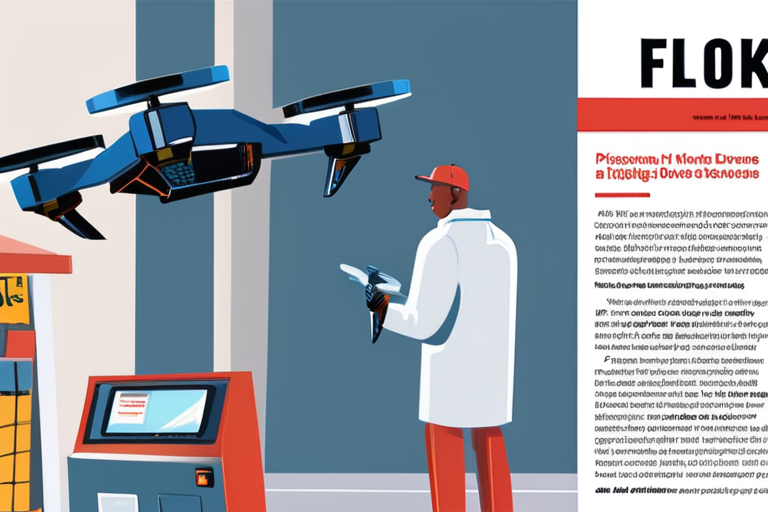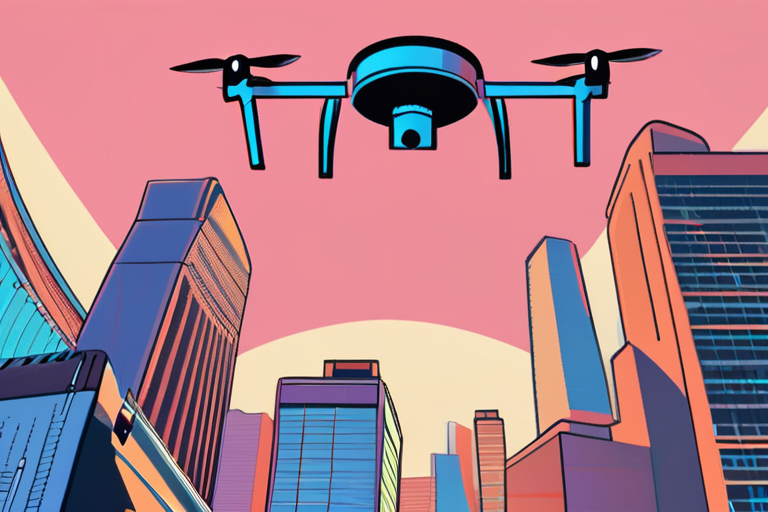In the quiet suburban streets of America, a silent revolution is unfolding. Residents are rising up against a ubiquitous presence that has been watching them for years - Flock Safety's network of automated license plate readers (ALPRs). These cameras, touted as a tool for public safety, have become a lightning rod for controversy. Critics argue that they are invasive, error-prone, and vulnerable to cyber threats. As the debate rages on, two lawmakers, Sen. Ron Wyden (D-Ore.) and Rep. Raja Krishnamoorthi (D-Ill.), have called for a federal investigation into Flock's handling of Americans' personal data.
Behind the headlines, there are human stories of frustration, fear, and resistance. In the small town of Oakdale, California, resident Sarah Johnson had had enough. She had been noticing the Flock cameras sprouting up around town, and her concerns grew when she discovered that her own license plate number had been logged by one of the cameras. "I felt like I was being watched all the time," she says. "I didn't know what they were doing with my data, and I didn't want to find out."
Sarah's concerns are echoed by many others across the country. Critics argue that Flock's cameras are not only invasive but also prone to errors, which can lead to false positives and wrongful accusations. In a letter to Flock CEO Garrett Langley, Sen. Wyden wrote, "Flock's security failures mean that abuse of Flock cameras is inevitable, and they threaten to expose billions of people's harvested data should a catastrophic breach occur." Wyden's words are a stark reminder of the risks associated with these cameras.
So, what's behind the controversy surrounding Flock Safety's ALPRs? To understand the issue, it's essential to delve into the world of AI and data analytics. Flock's cameras use machine learning algorithms to identify and track license plates, which are then fed into a vast database. This data is used to create detailed profiles of individuals, including their movements and habits. While this may seem like a valuable tool for law enforcement, critics argue that it's a recipe for surveillance state.
"Flock's cameras are not just a tool for public safety; they're a tool for mass surveillance," says Dr. Kate Crawford, a leading expert on AI and surveillance. "They're creating a vast database of personal data that can be used for all sorts of purposes, from law enforcement to marketing." Dr. Crawford's words highlight the broader implications of Flock's technology, which goes beyond the initial purpose of public safety.
As the debate rages on, several communities have taken matters into their own hands. In cities like Seattle and Chicago, residents have organized campaigns to remove Flock cameras from their neighborhoods. In some cases, local officials have listened, and the cameras have been taken down. While this is a small victory, it's a significant step towards reclaiming control over personal data.
As the story of Flock Safety's ALPRs unfolds, it raises important questions about the role of AI in society. How do we balance the benefits of technology with the risks of surveillance? What are the implications of creating vast databases of personal data? And what does it mean for our sense of security and freedom?
As the debate continues, one thing is clear: the fate of Flock Safety's ALPRs is far from settled. With lawmakers calling for a federal investigation and communities rising up against the cameras, the future of these devices is uncertain. One thing is certain, however - the conversation about AI and surveillance is here to stay, and it's up to us to shape its course.
In the end, it's not just about the cameras; it's about the values we want to uphold as a society. Do we want to live in a world where our every move is tracked and monitored, or do we want to create a space where individuals can move freely, without fear of surveillance? The choice is ours, and it's time to take a stand.



























Share & Engage Share
Share this article